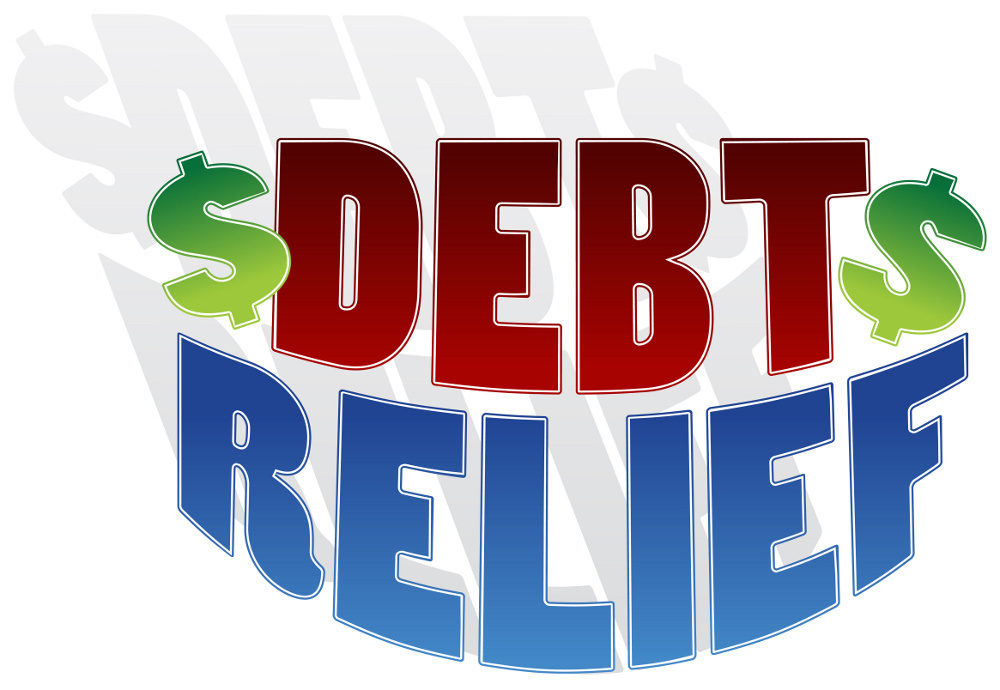No one is exempt from experiencing financial difficulties. Poor preparation, as well as a catastrophic setback such as divorce, sickness, or unemployment, may completely upend a person’s life.
Do you need assistance? Here are some pointers on how to cope with your financial difficulties.
Determine the nature of the issue
The fact that you have debt does not always imply that you are in financial difficulty. If this were not the case, few individuals would be able to purchase a home or a vehicle. There are, however, certain red signs that should be regarded carefully and should be investigated further. This is essential for the process of Debt management.
Do any of the following statements ring true for you? Do you recognize yourself in any of them?
- You have more than one credit card, and you use one of them to pay off another from time to time.
- You need a refinancing of your property in order to maintain your current lifestyle or to pay off consumer debt.
- More than the minimum payment on your credit cards is not possible for you.
- You choose to postpone or skip certain payments.
- To repay your obligations, you spend at least 40% of your total income each month.
- Your financial status is a source of anxiety for you.
- If this is the case, there are actions you may do to rectify the problem.
Create a financial plan
The first step in resolving your financial difficulties is to create a budget. You may use software, an online budget tool, a smartphone app, or nothing more than a piece of paper, a pencil, and a calculator to create your budget.
You must keep detailed records of all of your income and spending. Keep all of your bills for a month in order to prevent underestimating them. Consider one-time costs such as back-to-school expenses, presents, vacations, obtaining a driver’s license, and so on. Don’t forget to pay off your debts as soon as possible.A number of consumer advocacy organizations also provide budgeting education.
Cut down on your costs
Some expenditures may be significantly cut with relative ease. Consider checking your numerous bundles, such as your telephone services, to see if there are any improvements. You might save money by ensuring that they suit your requirements exactly, and nothing more or less. You may also start keeping an eye out for sales at the grocery store and restrict your food expenditures by packing your own lunches.Examine each of your costs to see if there are any ways to minimise or eliminate them.
Make a cash payment
Although debit and credit cards are handy, they might make it more difficult for certain people to keep track of their spending. Paying using cash might help you remain on track with your financial goals. You may separate your money into multiple envelopes for different purposes, such as food, hobbies, and apparel.
Put an end to the debt
Keeping your spending within your means and making sure you have the money to pay off your credit card amount, for example, are two pieces of advice that may help you avoid going into debt. If you’re the sort who makes impulsive purchases that you’ll later come to regret, leaving your credit card at home could be the best option for you.
Avoid purchasing items that are brand new
There are a variety of alternatives to purchasing new goods.Purchase previously owned or traded-in items. Look through secondhand shops, classifieds websites, and local bazaar Facebook groups for bargains on clothing and accessories. There are a plethora of transactions and trade options.
Take out a loan or rent a place. This is particularly interesting if this is a piece of equipment that you will only sometimes use. For example, you may register at the library to borrow books and periodicals.
Make it happen yourself. Using a coffee maker instead of purchasing a cup of coffee every day saves a lot of money in the long term.
Take advantage of any freebies that are available. For example, during festivals, there are a variety of free entertainment and activities to enjoy.
Schedule a meeting with your adviser
Your financial counselor will assist you in resolving your financial difficulties. His expertise will be particularly valuable in reviewing with you your flat rate bank charges as well as your insurance coverage. They may also give you specific alternatives, such as a credit card with a lower interest rate in exchange for an annual fee.
You and your partner may also want to discuss the possibilities of debt consolidation. Putting all of your obligations into a single loan with a cheaper interest rate can enable you to pay them off more quickly. It will also make it easy for you to keep track of your financial situation.
Increasing your earnings
Consider measures to boost your income in order to pull yourself out of your financial binds. Some options are as follows:
- Inquire with your boss about working overtime.
- Offer your goods and services in order to make more revenue.
- Items that you no longer need may be sold.
- Look for a roommate.
- Look for a second job.
Keep an eye out for advertisements that promise quick money, though. These are often deceptive practices.
Be realistic in your expectations
If you’ve been binge drinking for many years, you shouldn’t expect to be able to pay off your debt in a matter of weeks or months. You will be more motivated and your financial stress will be reduced if you set realistic objectives.
Similar to a diet, reducing your spending too much can cause your hunger to get larger. Allow yourself a little wiggle room in your spending plan so that you may treat yourself.
Improve the status of your credit report
You may be suffering from a poor credit history. The interest rates on the loan options you will get will be higher. Why? The financial institution is concerned about you since you pose a larger risk. Here are some suggestions to help you boost your credit score.
- Make sure you pay your payments on schedule.
- Maintain a healthy buffer between your current debt and your credit card limit on your credit card.
- Avoid submitting a large number of credit requests.
- Maintain your positive practices.
Conclusion
Following the resolution of your financial difficulties, you should continue to manage your own money. You will be able to construct an emergency fund using the money you have saved. In an ideal world, this would equal three months’ worth of expenses. Instead of falling into debt if anything goes wrong, you may simply withdraw the money out of the account.





